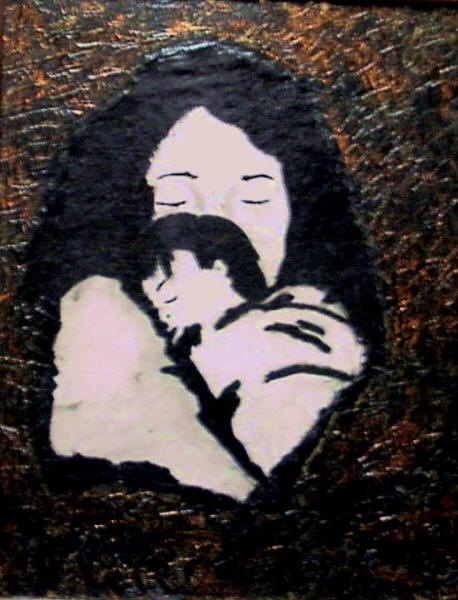Maternal Sensitivity May Influence Language Growth In Autistic Children
 Researchers said that mother's sensitiveness may help language growth among kids in the early phases of autism.
Researchers said that mother's sensitiveness may help language growth among kids in the early phases of autism.
According to researchers at the University of Miami, mother kindliness can envisage language growth among kids.
The study entitled, "A Pilot Study of Maternal Sensitivity in the Context of Emergent Autism," is issued online in February release and will appear in a forthcoming issue of the Journal of Autism and Developmental Disorders.
"Language problems are among the most important areas to address for children with autism, because they represent a significant impairment in daily living and communication," says Daniel Messinger, associate professor in the department of psychology at the University of Miami (UM) College of Arts and Sciences and principal investigator of a larger study of infants at-risk for autism, which includes this study.
Maternal affection is determined in the research as a combination of warmth, receptiveness to the kid's requirements, value for his or her emerging sovereignty, optimistic regard for the kid, and motherly structuring, which refers to the mode in which a mum takes on and teaches her kid in a responsive way.
In the research, motherly sensitivity was more prognostic of language growth among tots developing autism as compared to kids who did not go on to an autism diagnosis. One potential clarification is that kids with autism may be more hooked on their surroundings to study certain skills, which seem to come more naturally to other kids.
"Parenting may matter even more for children with developmental problems such as autism because certain things that tend to develop easily in children with typical neurological development, like social communication, don''t come as naturally for kids with autism, so these skills need to be taught," says Jason K. Baker, a postdoctoral fellow at the Waisman Center, University of Wisconsin-Madison, who conducted the study with Messinger while at UM.
For the reserach, 33 kids were analyzed in the laboratory at 18, 24, 30 and 36 months of age. A few of the kids had an older sib diagnosed with autism and were regarded high risk for autism.
At the 18-month evaluation, the scientists videotaped a 5-minute period of mom and kid free play in which the mums were said to have fun as they would at home. Facets of motherly kindliness were marked on seven-point scales ranging from absence of sensitive behavior to tremendously sensitive behavior.
Kid's language was measured at 2 and 3 years. At the 3 year visit, when the kids were old enough to be assessed, 12 of kids from the risky group received an autism-spectrum diagnosis. (With Input from Agencies)